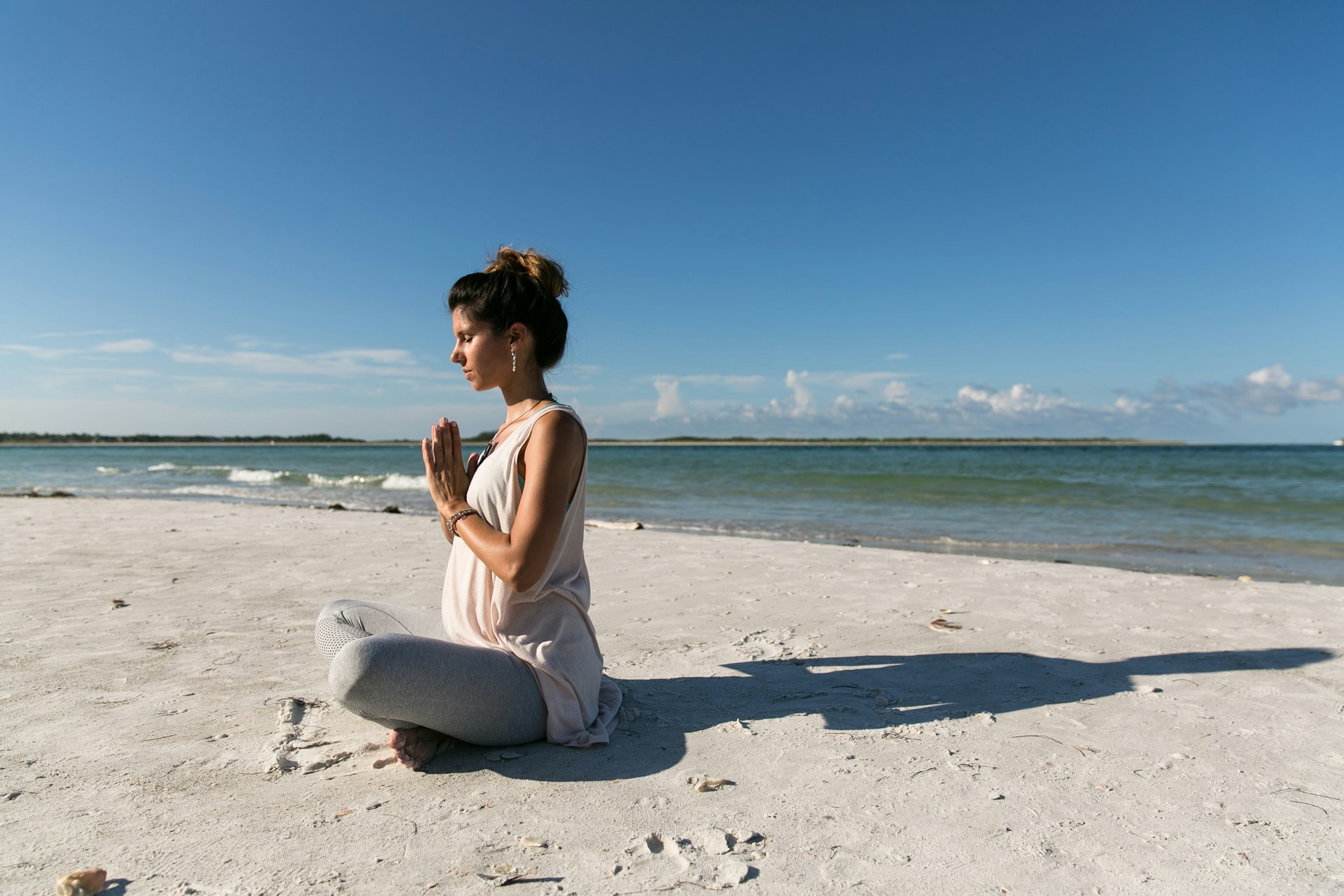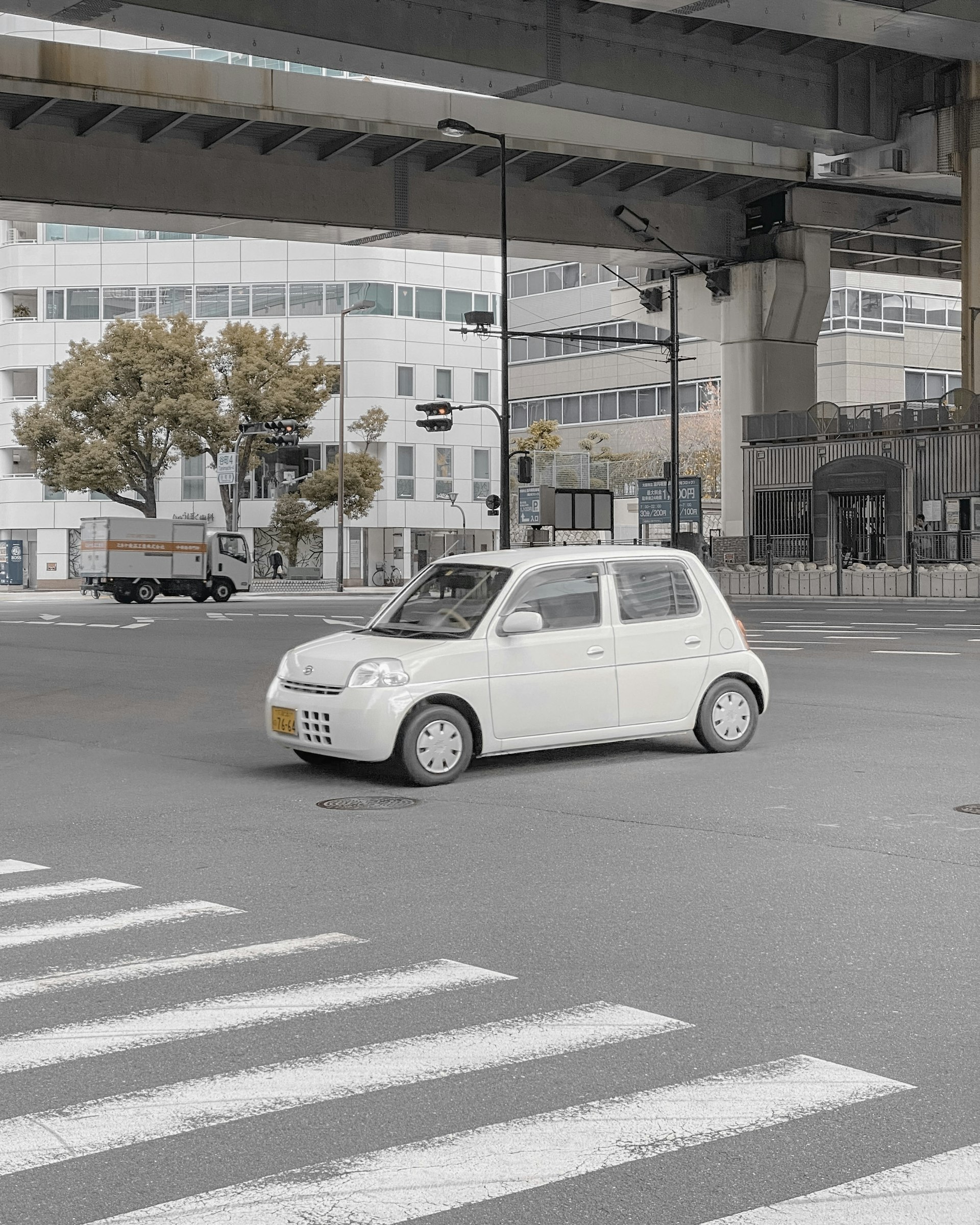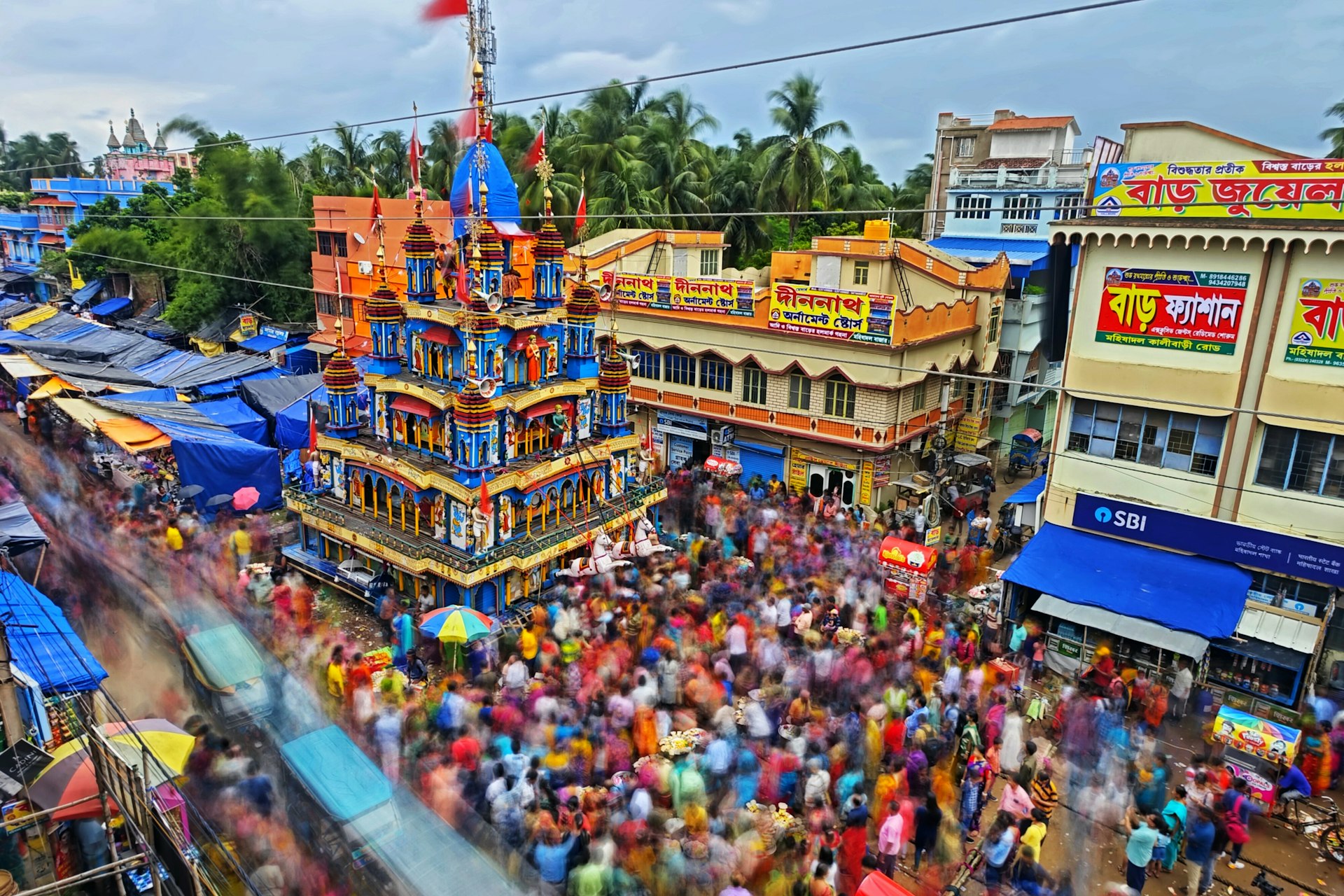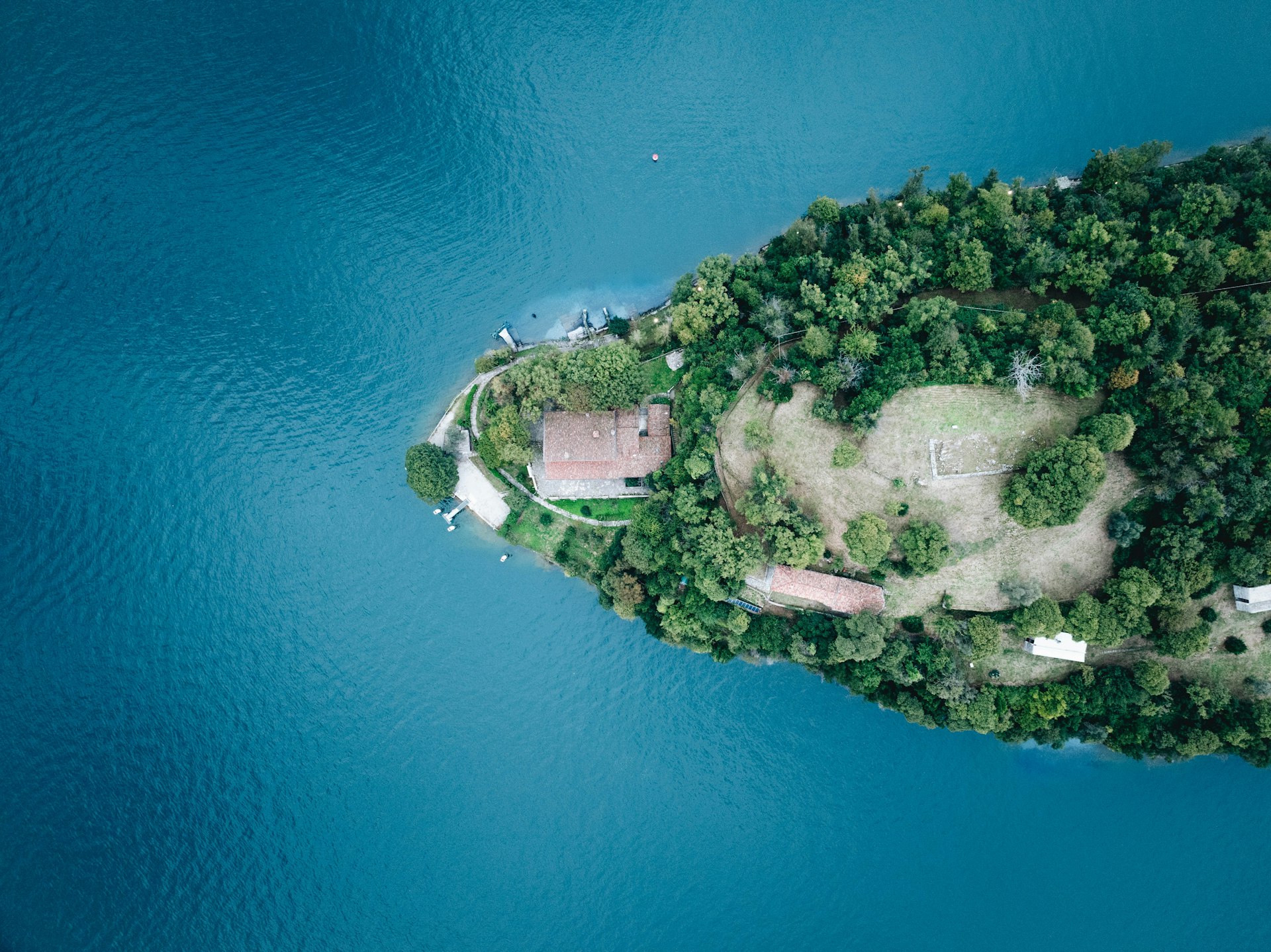Empowering Women to Explore: Comprehensive Safety Strategies for Solo Female Travelers

Photo by Asdrubal luna on Unsplash
Introduction: The Rise of Solo Female Travel
Traveling alone as a woman can be a deeply rewarding adventure, providing opportunities for self-discovery, independence, and cultural immersion. However, solo female travelers often face unique safety challenges. By preparing with practical knowledge, adopting proactive strategies, and understanding cultural nuances, you can minimize risks and maximize the joy of your journey. This guide delivers actionable, research-backed safety advice for women exploring the world on their own.
Cultural Awareness: Respecting Local Norms and Dress Codes
Understanding and respecting local customs is critical when traveling solo. Clothing that is considered appropriate at home may draw unwanted attention or even offend locals in some destinations. For example, in parts of the Middle East, South Asia, or certain religious sites worldwide, covering your shoulders, knees, and sometimes hair is expected. Research your destination’s expectations before you pack, and choose outfits that help you blend in rather than stand out. Not only does this demonstrate respect, it also decreases the likelihood of being targeted for theft or harassment. Always carry a scarf or shawl as a versatile tool for modesty or warmth [1] [5] .
Staying Connected: Building Local Support Networks
Having local contacts can provide both peace of mind and practical assistance in unfamiliar environments. Before departure, check with friends, family, or colleagues to see if they know anyone at your destination. Social networks and expat groups can also connect you with locals or other travelers. Upon arrival, consider introducing yourself to your hotel’s concierge or host and obtaining their business card. In unfamiliar cities, organizations like the International Greeter Association may offer free guided walks with local volunteers, offering both insights and a trusted contact [1] . Always make note of local emergency numbers-these vary by country; for example, 911 in North America, 112 in Europe and the UK. Save these numbers in your phone and keep a written copy in your wallet.

Photo by Valentina Chernobay on Unsplash
Personal Belongings: Securing Your Valuables
Pickpocketing and petty theft are common risks, especially in crowded areas. To minimize your vulnerability:
- Carry your purse or backpack in front of you, rather than on your back or side. This allows you to monitor your belongings at all times and makes you a less attractive target for thieves [2] .
- Choose bags with zippers or anti-theft features. Avoid open totes or bags with weak straps that can be easily cut.
- Never leave your belongings unattended, even for a moment. When riding in taxis, keep your bag with you in the back seat, not in the trunk [5] .
- Use hotel safes for passports, extra credit cards, and other valuables when possible.
Real-world incidents, such as bag slashing during crowded events in Thailand or theft at restaurants in Italy, highlight the importance of vigilance. If you must carry expensive electronics, keep them concealed when not in use and avoid displaying them in public.
Situational Awareness: Trusting Your Instincts and Managing Interactions
Your intuition is a powerful safety tool. If a situation or person makes you uncomfortable, trust that feeling and remove yourself as quickly and calmly as possible. When interacting with strangers, avoid advertising that you are traveling alone. If pressed, you can mention that you’re meeting friends or that your partner is nearby. This subtle misdirection can discourage those with ill intent [3] [4] .
Engage with other travelers and locals in public spaces, and be wary of invitations to private locations unless you are certain of your safety. Walk with confidence-head up, shoulders back, and make brief eye contact with passersby. This posture signals alertness and can deter potential trouble [5] .
Choosing Safe Accommodations: Prioritizing Security Over Price
While solo travel can sometimes be more expensive due to the lack of cost-sharing, never compromise safety for savings. Review accommodation options on trusted platforms, and pay close attention to reviews from other solo female travelers. Look for properties in well-lit, centrally located areas with reliable security measures. Whenever possible, book directly with reputable hotels or established short-term rental services. Upon arrival, verify that all locks work and familiarize yourself with emergency exits [3] .
If something doesn’t feel right, it’s okay to request a room change or seek different accommodations. Your safety should always come first, regardless of perceived inconvenience or expense.
Transportation Safety: Navigating Public and Private Transit
When using public transit, stay alert and avoid isolated stations, especially at night. If possible, sit near the driver or in busier compartments. For taxis and ride-shares, use only licensed services and verify the driver’s identity before entering the vehicle. Share your ride details with a trusted friend or family member, and use location-sharing features available on most smartphones.
In some regions, solo female travelers may feel more comfortable using women-only transportation options, which are available in cities like Tokyo and Cairo. If no such services exist, schedule travel during daylight hours and avoid empty carriages. In case of emergency, know how to contact local authorities quickly.
Alcohol, Substances, and Social Situations
While enjoying local nightlife or social events, set personal limits on alcohol consumption and never accept drinks from strangers. Excessive drinking can impair judgment and make you vulnerable to theft or worse. Similarly, avoid the use of drugs, as they can put you at risk and may have serious legal consequences in many countries [5] .
If attending a party or bar alone, let a trusted contact know your plans and expected return time. Arrange your own transportation home, and keep a backup plan in case you need to leave quickly.
Preparing for the Unexpected: Emergency Plans and Resources
Preparation is key to solo travel safety. Before departure, make digital and physical copies of important documents, such as your passport, ID, insurance cards, and itinerary. Store these separately from your originals. Register your trip with your country’s embassy if the service is available; this can expedite assistance in case of emergencies.
Research common scams at your destination-knowledge is power. Travel insurance is highly recommended, as it may cover theft, medical emergencies, or trip interruptions. For medical issues, know the location of the nearest hospital or clinic. Some insurance providers offer 24/7 helplines for assistance; carry those numbers with you.
Alternatives and Additional Resources
If you’re unsure about any aspect of your safety, consider joining guided group tours or day trips, which can offer structured experiences and the chance to meet other travelers. When in doubt about local laws or customs, consult official government travel advisories or contact your country’s consulate. For up-to-date travel advice and alerts, visit the official U.S. Department of State travel website or the equivalent agency in your home country.
Conclusion: Empowerment Through Preparation
Solo female travel is empowering and transformative, but it comes with responsibilities. By staying informed, preparing thoughtfully, and maintaining situational awareness, you can confidently navigate new places while minimizing risks. Remember: your safety is always more important than social pressures or budget constraints. Trust your instincts, rely on your support networks, and enjoy the freedom of solo exploration.
References
- Solo Traveler World (2022). Solo Female Travel Safety: Advice for What Women Worry About.
- Sunsets Abroad (2023). Solo Travel Tips: How To Stay Safe As A Female Traveler.
- The Soloist (2023). Solo Female Travel Safety Tips: What NOT to Do.
- Everywhere With Claire (2023). 27 Uncommon Safety Tips for Traveling Solo As A Female.
- Be My Travel Muse (2024). 41 Ways to Stay Safe While Traveling Alone As A Woman.
MORE FROM oncecoupon.com













